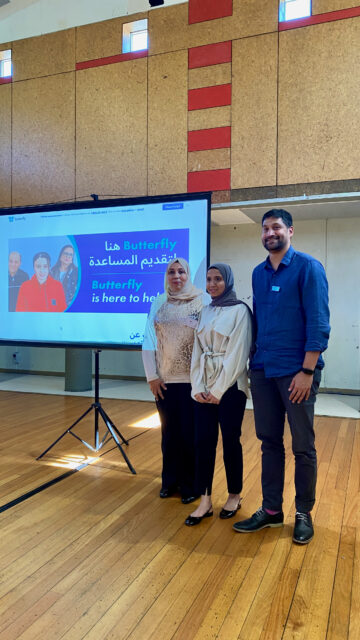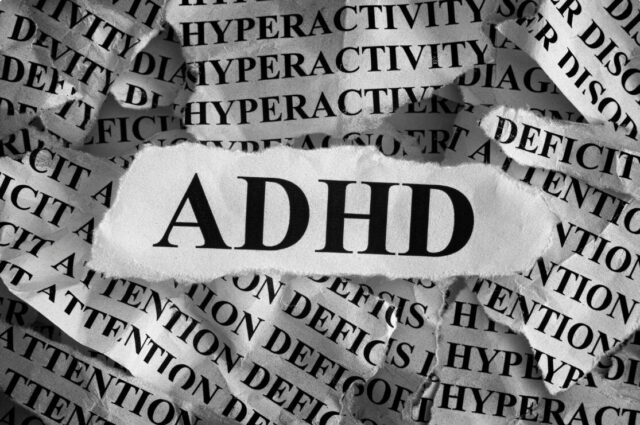Individuals like to be able to predict, forsee and influence events. When we are placed in situations in which we are powerless and unable to influence events, we become victims.
Disastrous and devastating events, especially those events that are unpredicted, are the spawning ground for psychological trauma (Capozzoli cited in Zubenko & Capozzoli, 2002).
Over the past few decades scientific and technological advancements have revolutionized the way we treat and care for the mentally ill. During this same period we have also learned a lot about those who have suffered from the traumas of war, earthquakes, flooding, plane crashes and other disasters. These tragic experiences have yielded many lessons about the principals behind providing psychological assistance.
Trauma can come in many forms and be the consequence from a diverse range of traumatic events, or events that are perceived as such. Trauma can come in the form of a death in the family, troublesome behaviour, a natural disaster, war, and an accident or criminal activity.
The specific stressors involved in trauma include loss of loved ones, witnessing traumatic events happen to other people, living with distressed adults, the loss of homes, belongings, educational opportunities, income, stability & safety.
Suffering and affliction are part of life, The Qur’an tells us this. Allah (SWT) states that every man and woman will be tested with difficulties, hardship and loss in life. Allah (SWT) tests us for the following reasons:
1. To distinguish between those who sincerely believe in Allah (SWT) and those who so not.
‘ Do people think that they will be left alone because they say: “We believe, and will not be tested” Surah Al-Ankabut 29:2
2. To encourage mankind to do good deeds
‘Who has created death and life that He may test who is best in deed’ Surah al-Mulk 67:2
3. To purify the soul and expiate sins.
‘What ever trouble, illness, anxiety, grief, pain and sorrow afflicts a Muslim, even if it is the pricking of a thorn – Allah removes some of his sins because of it.’
Narrated by Abu’Sa’eed Al-Khudri (RA) Bukhari & Muslim.
How people respond will depend on a number of factors, including their proximity to the event, their perceptions and beliefs, their previous experiences, and their religious and social support systems. Stress and anxiety, numbness and fear may vary with the magnitude and duration of exposure to the traumatic event. The general feeling associated with stress and crises is one of being overwhelmed and unable to cope.
Whether the disaster is an act of God, or an act from man, the psychological trauma that occurs can be equally devastating. Galante & Foa (1986) found that children exhibited a wide range of behaviours in response to an earthquake that occurred in a rural mountain region in central Italy. Children were described as apathetic, aggressive, and at times even assaultive. In short, their behaviour was described as being extreme and exaggerated. These children had been subjected to death and loss of home and belongings and they were living in unrecognizable traces of their homes and villages. In their now-shattered world they manifested severe behaviour problems, which added to the difficulties of a community ravaged by nature.
Levels of stress or trauma are connected to physiological and biogenetic factors, social stressors, environmental conditions, individual personality differences and religious influences.
Social influences involve the effect on the individual of both positive and negative responses from others to the trauma and how the person interprets the event. When faced with tragedies, some people withdraw and grow silent, while others become animated and expressive. Caregivers (parents/teachers/school administrators) need to match their comfort and support to these individual differences in personality. Religious issues include the level of spiritual development, the maturity of the individual, and to what degree of understanding regarding the purposes of God and His Will.
Addressing Stress and Anxiety
Many people under stress in traumatic situations experience a flood of emotions. Research reveals that as adrenaline increases, pulse rates rise and our bodies prepare to fight or flee the situation. Men in particular experience such flooding and it affects their ability to process thoughts and to think in a rational manner.
The way people work through their stress can be either helpful and rational or unhelpful and irrational. For example, thoughts such as “This should not have happened to me” encourage a sense of helplessness and depression, sometimes intense anger. However a more helpful thought such as “I really don’t like what has happened, but I am strong/I will get the support I need to help me cope” will lead to the individual feeling more in control of coping with a traumatic event.
The type of coping mechanisms that an individual utilizes in times of stress can serve to increase or decrease the stress or trauma felt. Coping strategies can be deemed as helpful and productive or unhelpful and unproductive in the long run. For example, screaming, smoking, giving up and wishful thinking are all strategies that some people use to cope with their problems, however while they may provide some temporary comfort, in their effect in the long term is either detrimental or useless.
Coping strategies such as seeking professional help, seeking social supports, seeking guidance and solace from spiritual beliefs and practices, working hard, staying focused on goals, all have some immediate and long term benefit for that individual. People who are able to can maintain good mental health when using positive coping strategies to the myriad of difficulties with which they are presented, can be described as ‘resilient’, people who ‘bounce back’, or ‘get back on the horse’.
When to Intervene?
Interventions need to occur soon after a traumatizing event. Long-term, severe complications may develop if psychological interventions are delayed. Bowlby (1973) and others have found that children who suffer from the loss of a loved one are more likely to develop emotional or personality disturbances than children who have not. He went onto state that children’s difficulties were often overlooked or minimized while the adults in the family respond to the loss.
A Critical Incident Debriefing Model
One of the most popular secular crisis intervention approaches is the Critical Incident Stress Management model (CISM) (Mitchell & Everly, 1998). The model has 7 components:
1. Pre-incident preparations; organising for & anticipating the crisis
2. Demobilisation or briefing in groups as they decompress after the
crisis;
3. Defusing, or addressing specific symptoms in small groups within 12 hours following the crisis;
4. Critical Incident Stress Debriefing (CISD), occurring 1 to 7 days
after the crisis;
5. Individual intervention, at anytime;
6. Family CISM, at anytime, to assist families and
7. Follow-up and referral.
Critical Incident Stress Debriefing has 7 stages:
1. Introduction – debriefing rules are explained, and participants and their roles in the crisis are identified;
2. Fact phase-details of the event are given and questions addressed;
3. Thought phase – participants are asked to share their thoughts and what they were thinking;
4. Reaction phase – participants identify the most difficult part of the event for them and share their emotional responses;
5. Symptom phase – evidence of distress and the effects of the incident are explored;
6. Teaching phase – trauma and stress information is shared affirming the normality of their responses, stress management techniques are introduced, participants are encouraged to finding meaning in the event.
7. Re-entry phase – a summarizing period, addressing additional questions, and preparing for the future.
Things to Try
Structure your time
Reach out to people who do care
Seek patience and guidance through prayer
Get plenty of rest
Use physical exercise during the first 24-48 hours alternated with relaxation to alleviate some of the physical and emotional symptoms
About the author
Monique Toohey is a registered Psychologist and certified Cultural Intelligence (CQ) Advisor (USA) and has trained staff from over 360 organisations in cultural competence. For 6 years she was the Lead Lecturer of Multicultural Counselling and Culture and Psychology at the Australian Catholic University and is a regular guest lecturer at universities both nationally and internationally. She has also delivered organisational training programs in Turkey, Indonesia, and Malaysia. You can contact her at: https://cmw.org.au/profile/moniquetoohey/







